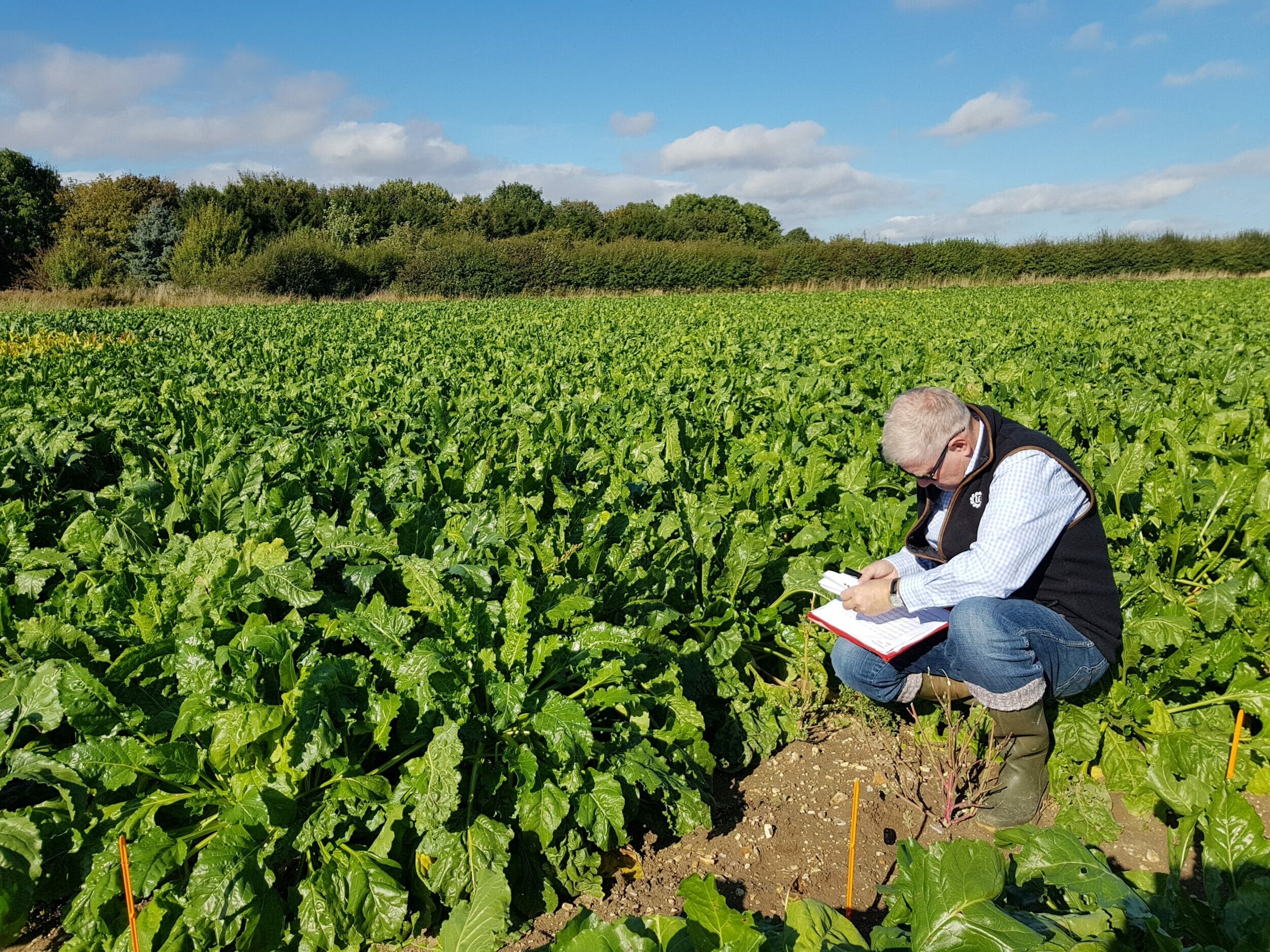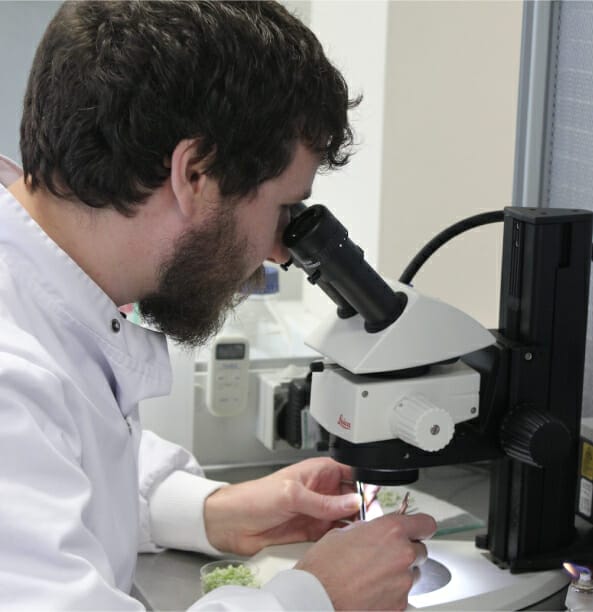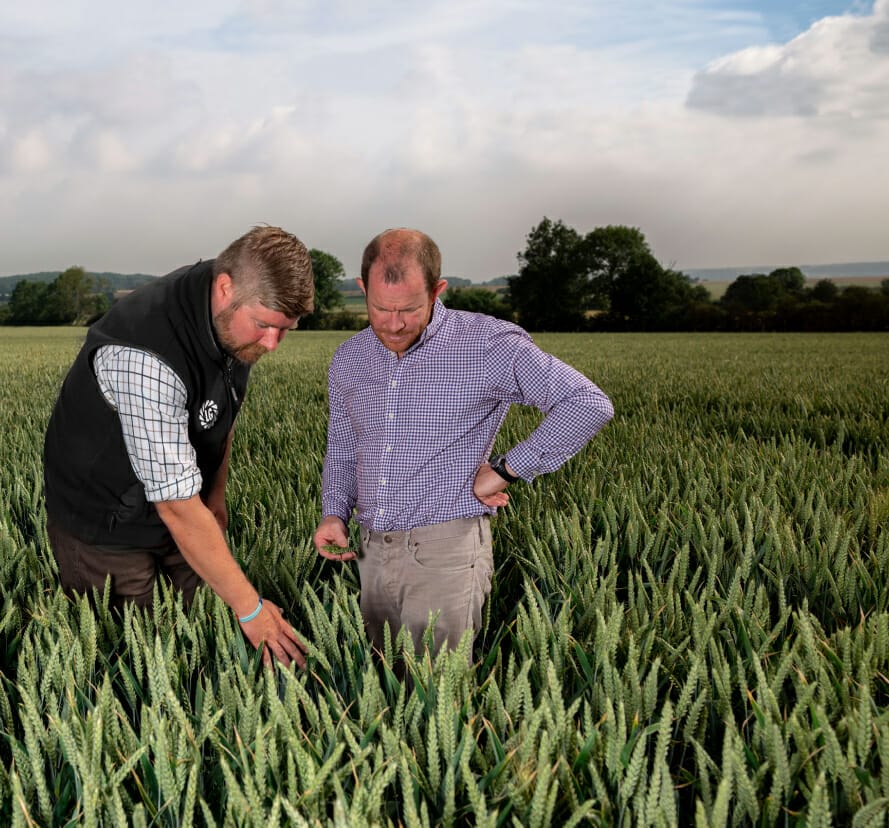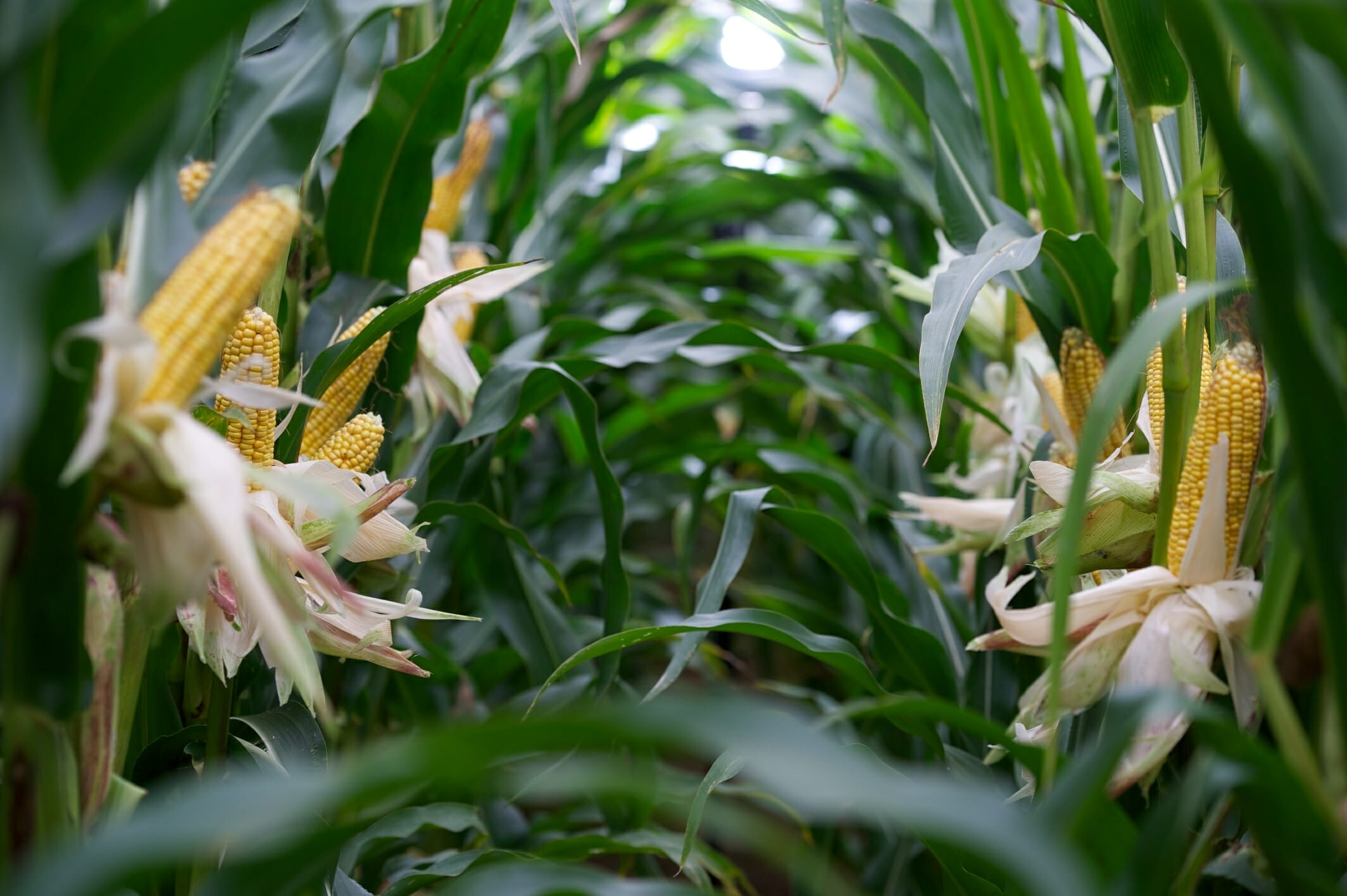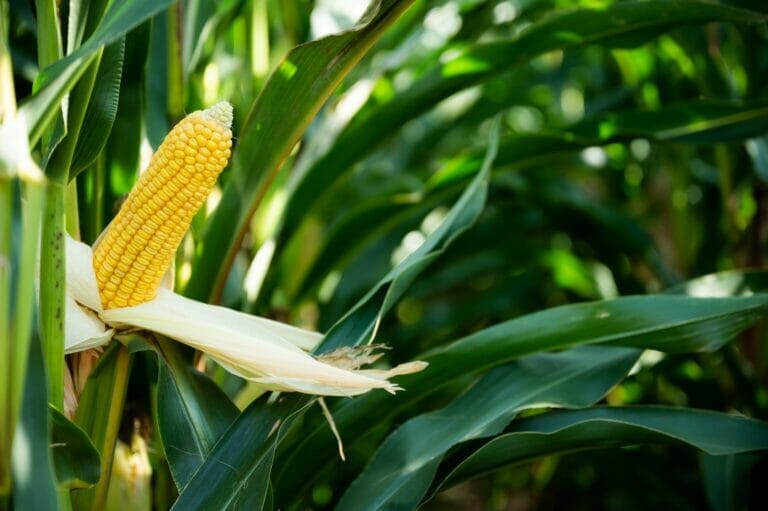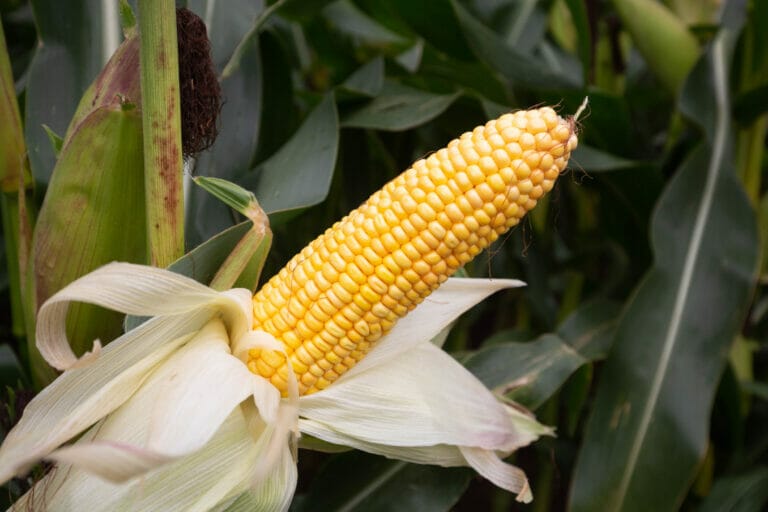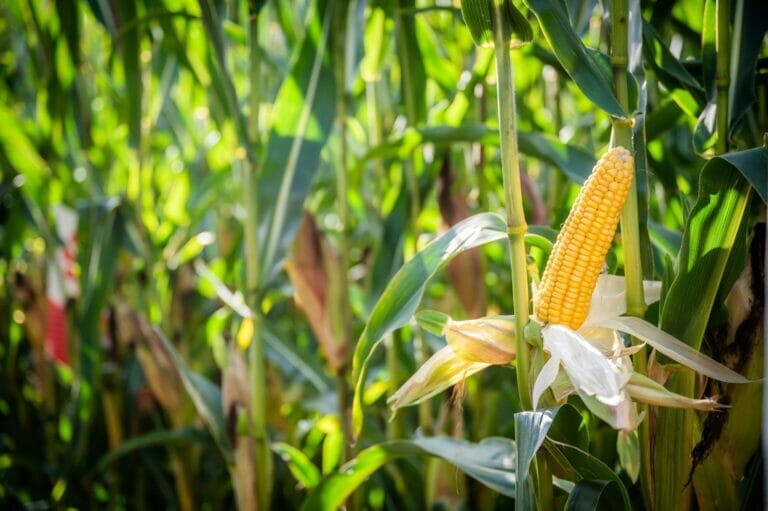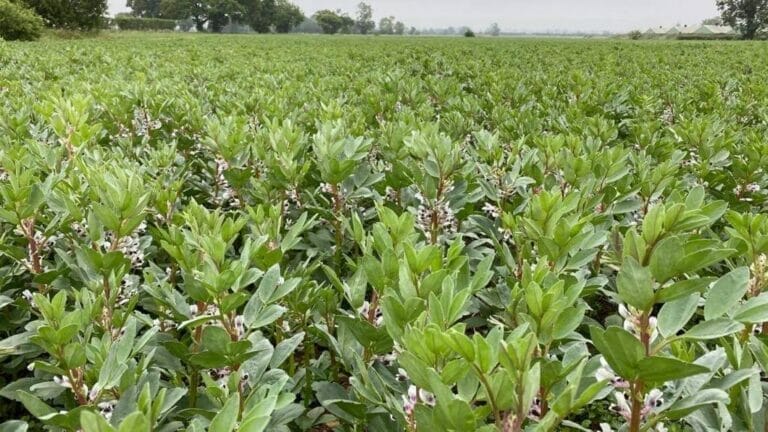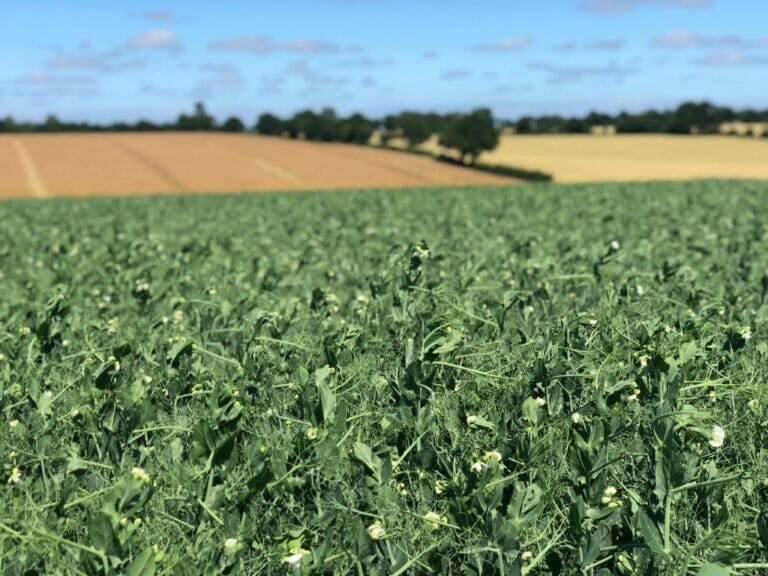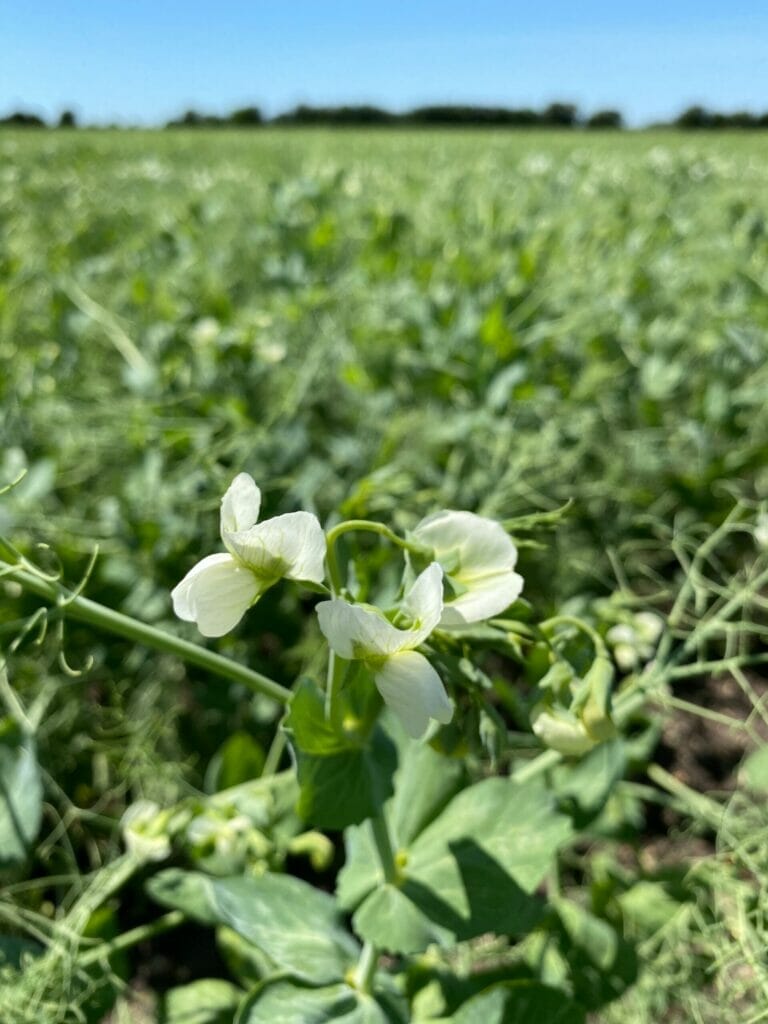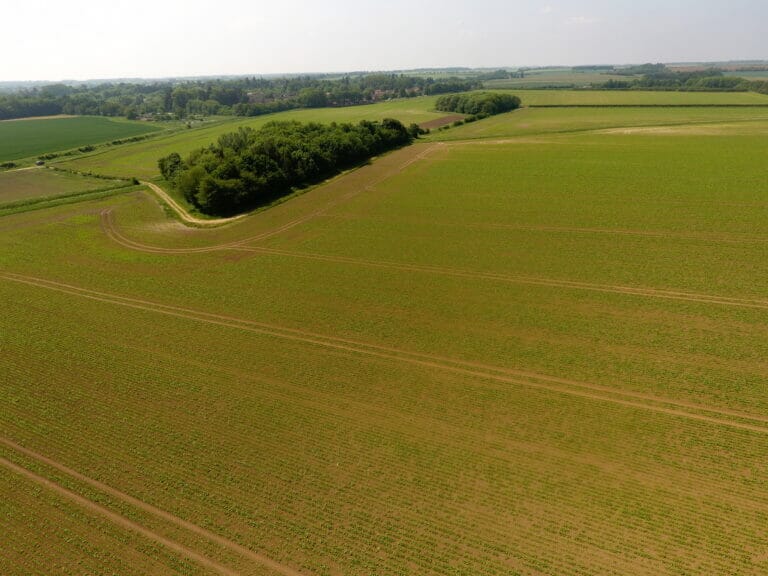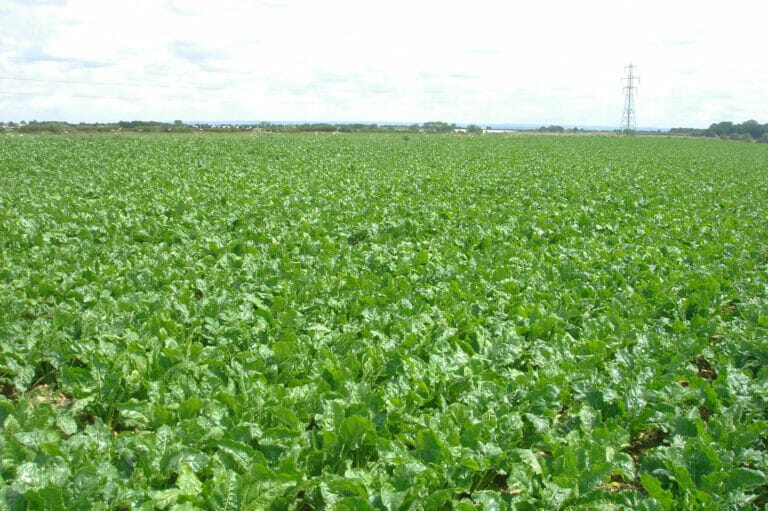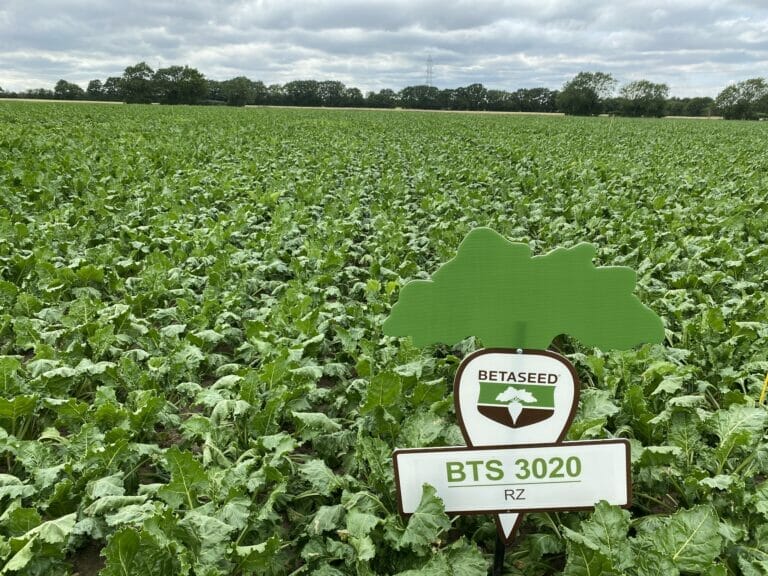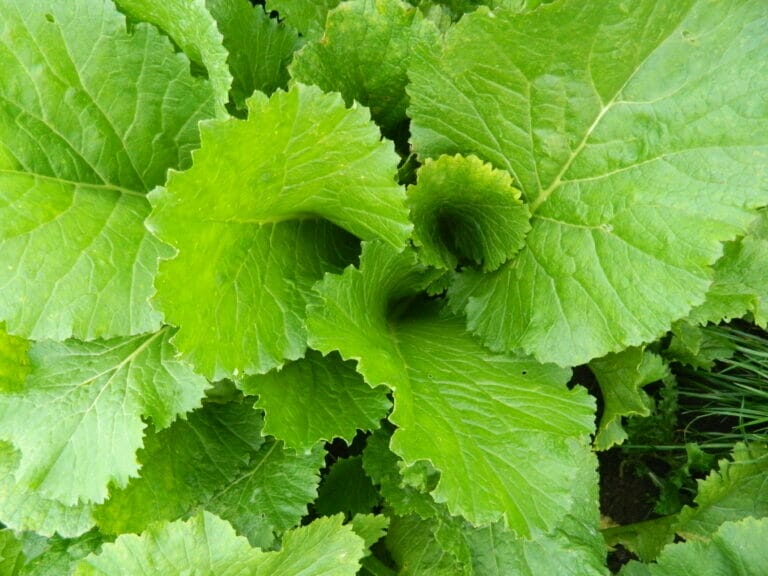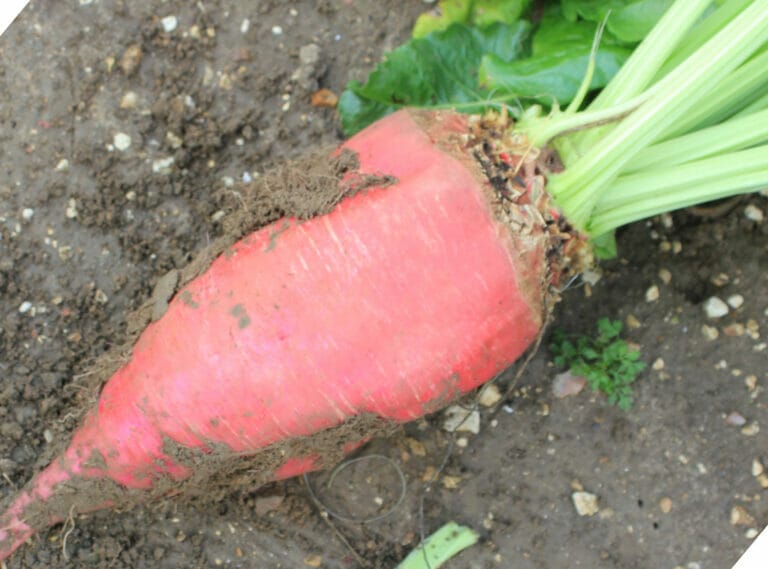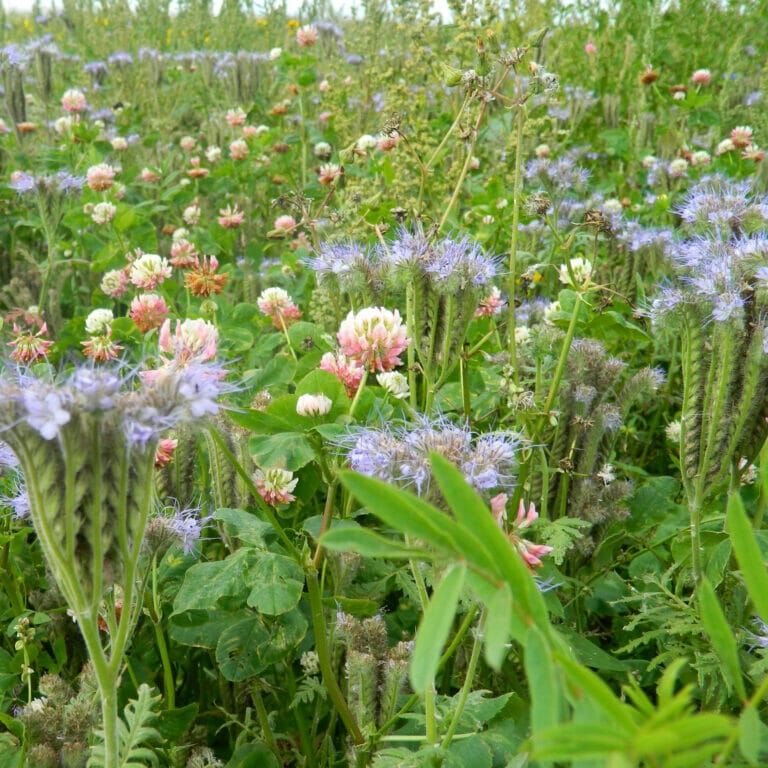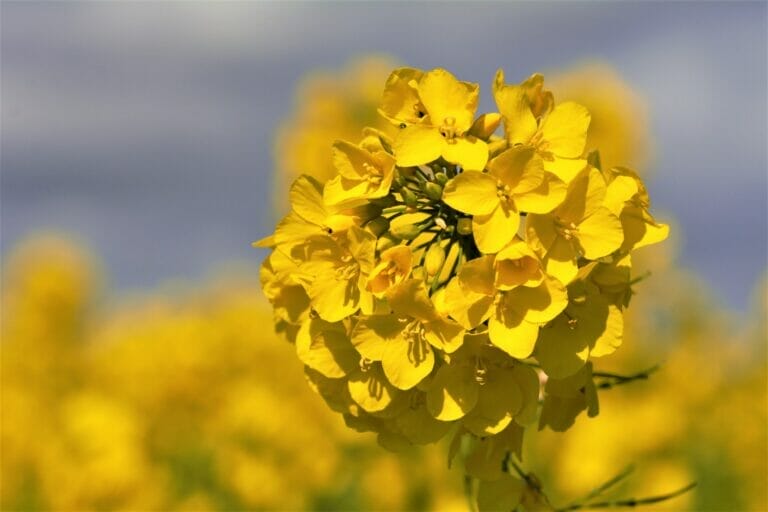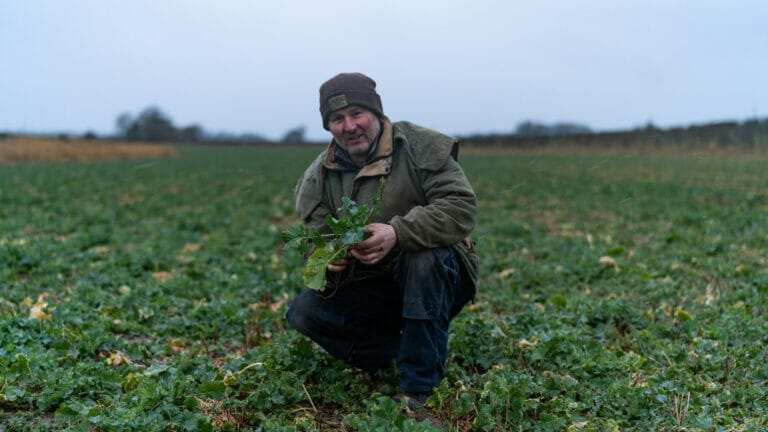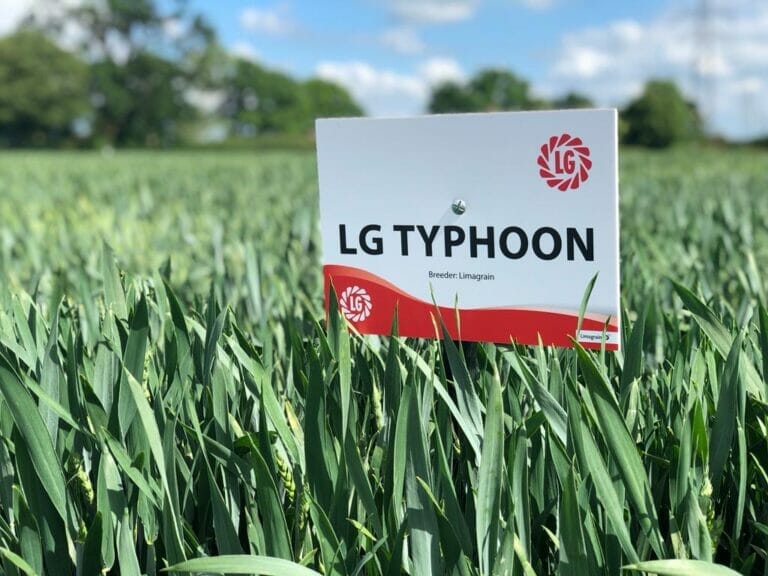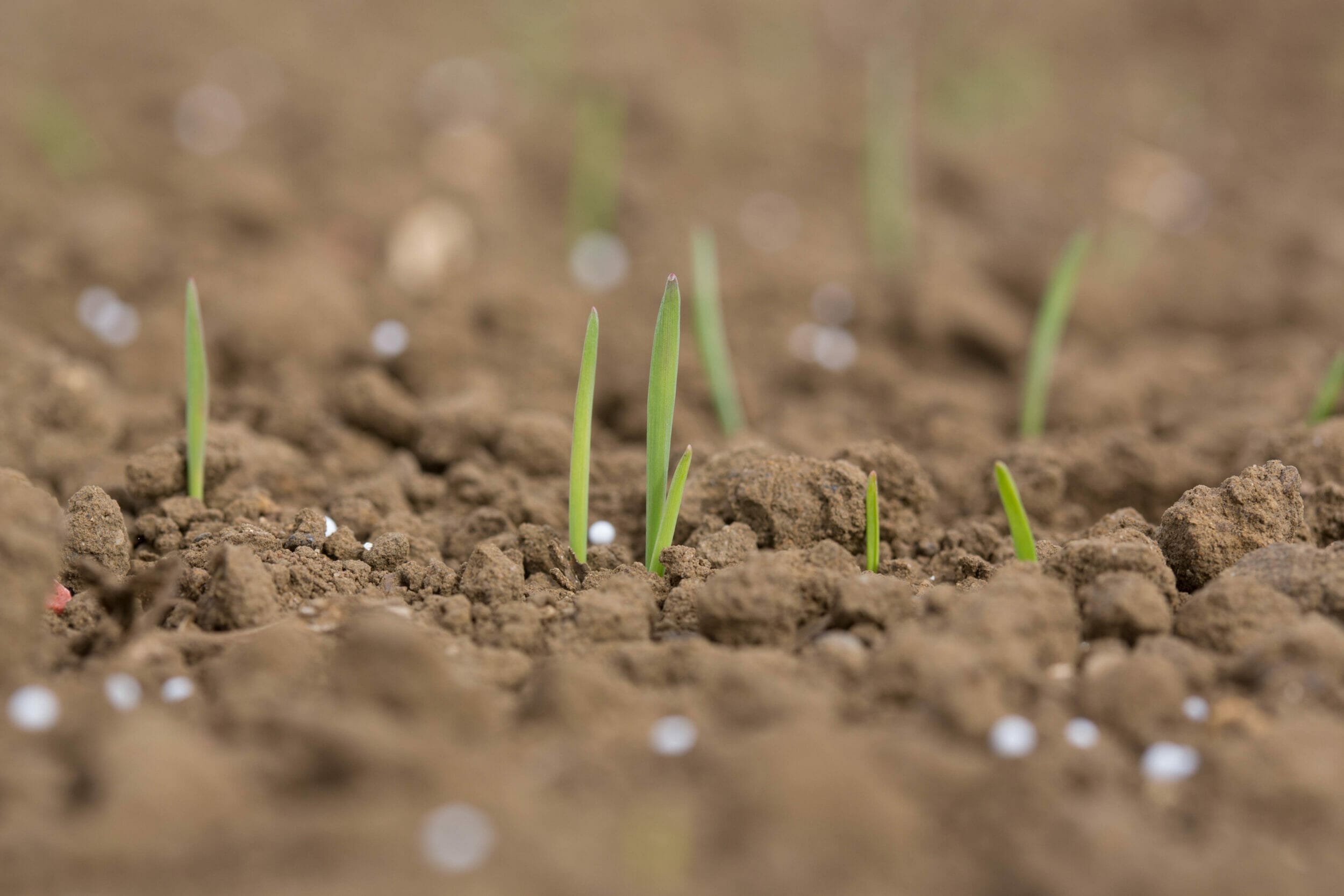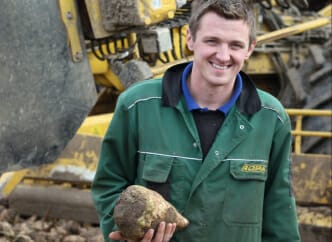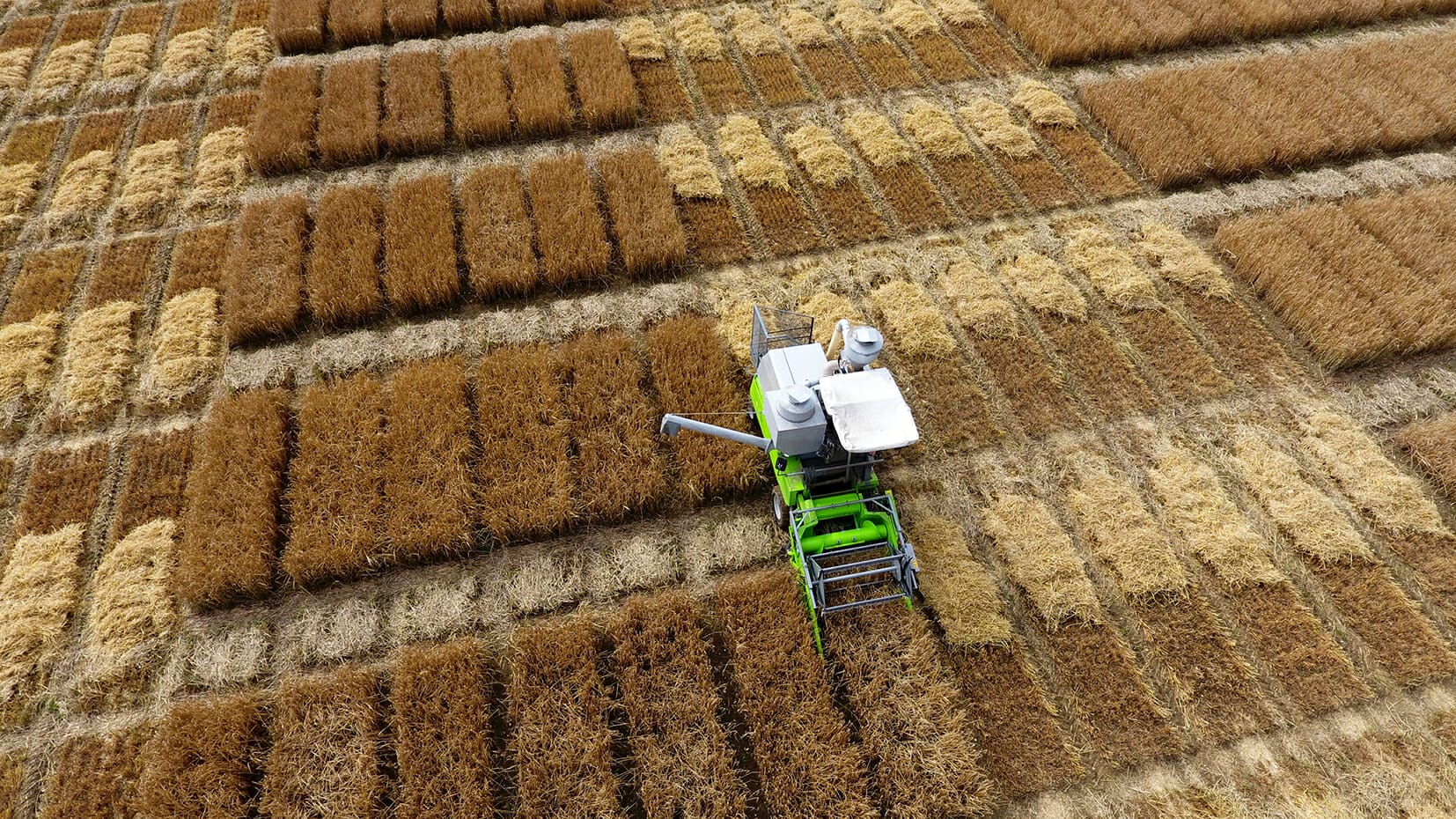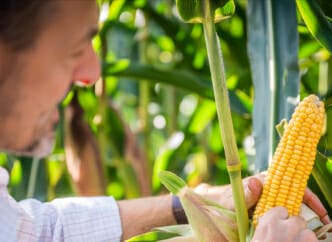With the end of winter in sight and warmer temperatures predicted as we head towards the end of April and into early May, already struggling oilseed rape crops will be at very high risk from pollen beetle attack as they race through the growth stages into green bud development over the next few weeks, and will need vigilant monitoring.
âThe prolonged winter has meant that the majority of rape crops have still not reached stem extension, and flowering that would normally occur in mid-April has been delayed, with crops only entering the green bud stage later this month or even as late as May. However this later development will also coincide with pollen beetle migration as temperatures improve which could be disastrous for already struggling crops,â warns Jo Bowman, oilseed rape breeder for Limagrain UK.
âThe oilseed rape crop is very susceptible from pollen beetle feeding from green to yellow bud stage prior to flowering, and the beetles will be particularly hungry after the long, cold spell and will be on the move once temperatures improve which means that we could be faced with this migration when crops are at the green bud stage. âIf this is the case they will move rapidly into the rape crops from winter hosts biting into and killing the buds. They will also lay eggs inside the closed buds, and hatched larvae then feed before dropping into the soil to pupate. Usually warm temperatures and beetle migration coincide with crop flowering which poses a reduced risk as they feed on the flower pollen which is what we will be looking at as temperatures warm up heading into May and adult pollen beetles to start migrating and looking to feed and lay eggs, â
âTherefore, it is imperative that growers are vigilant at monitoring crops both midfield and headlands, and that at the first sight of infection â even once or two beetles- and should be prepared to spray straight away.â
âWhilst threshold levels are useful in normal years, this is not a normal season, and I think it requires a more pro-active approach which means getting out and spraying at the first sign of infection.â âAn additional concern that prompts early action is that we really do not know how far resistance to pyrethroids has spread. As we have not had a high risk situation for a number of seasons, growers have not had to spray and therefore will not know in many cases if the sprays that they normally use will have an effect. It will be important therefore to discuss product choice carefully with your agronomist.â
âUltimately rape crops that have made it this far cannot afford to be damaged any further, itâs all about protecting whatever potential is still in the crop.â

